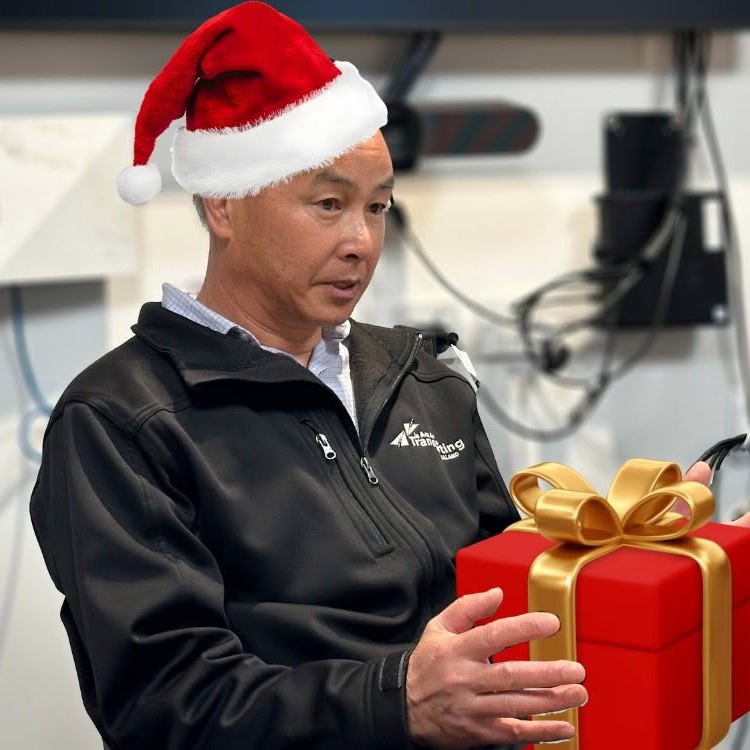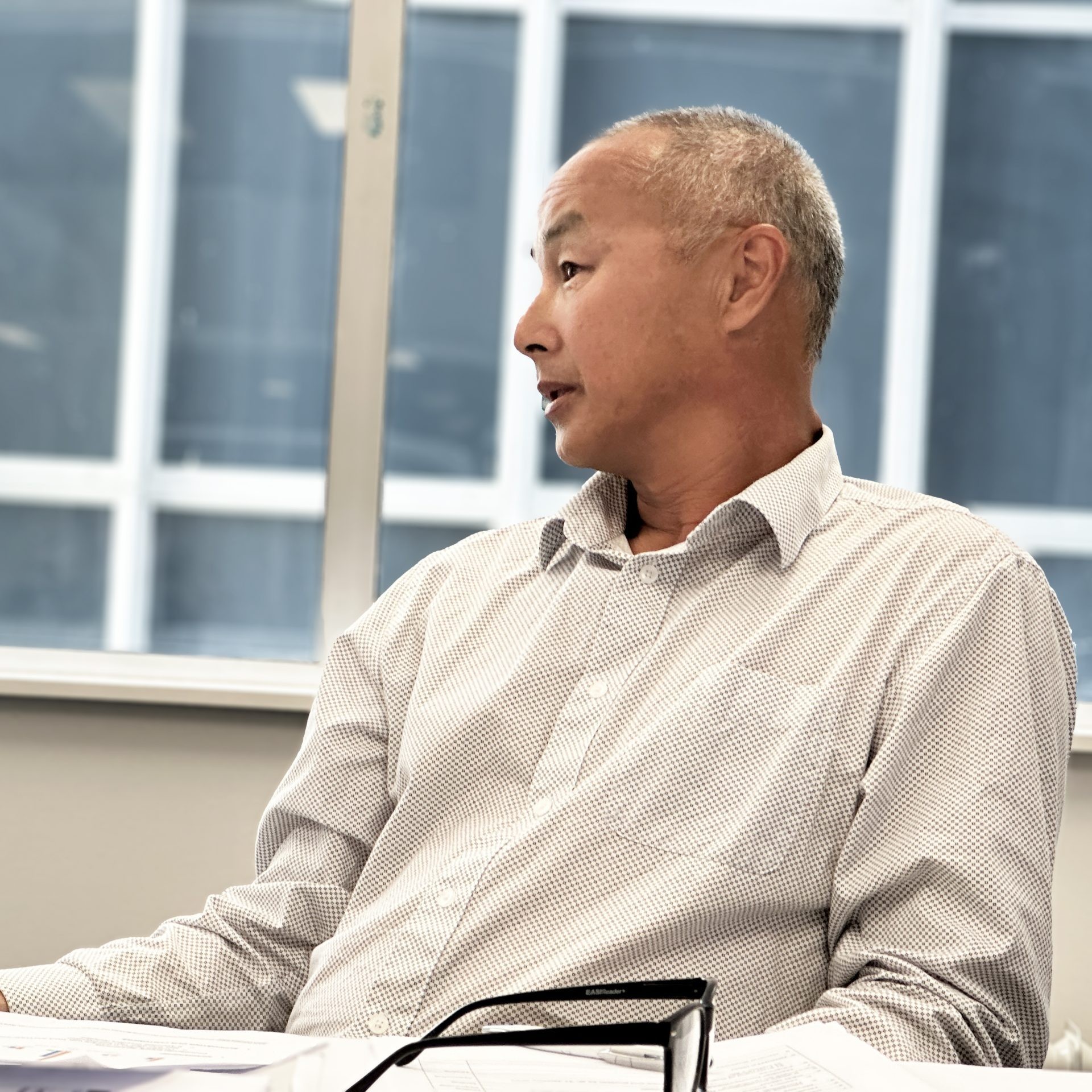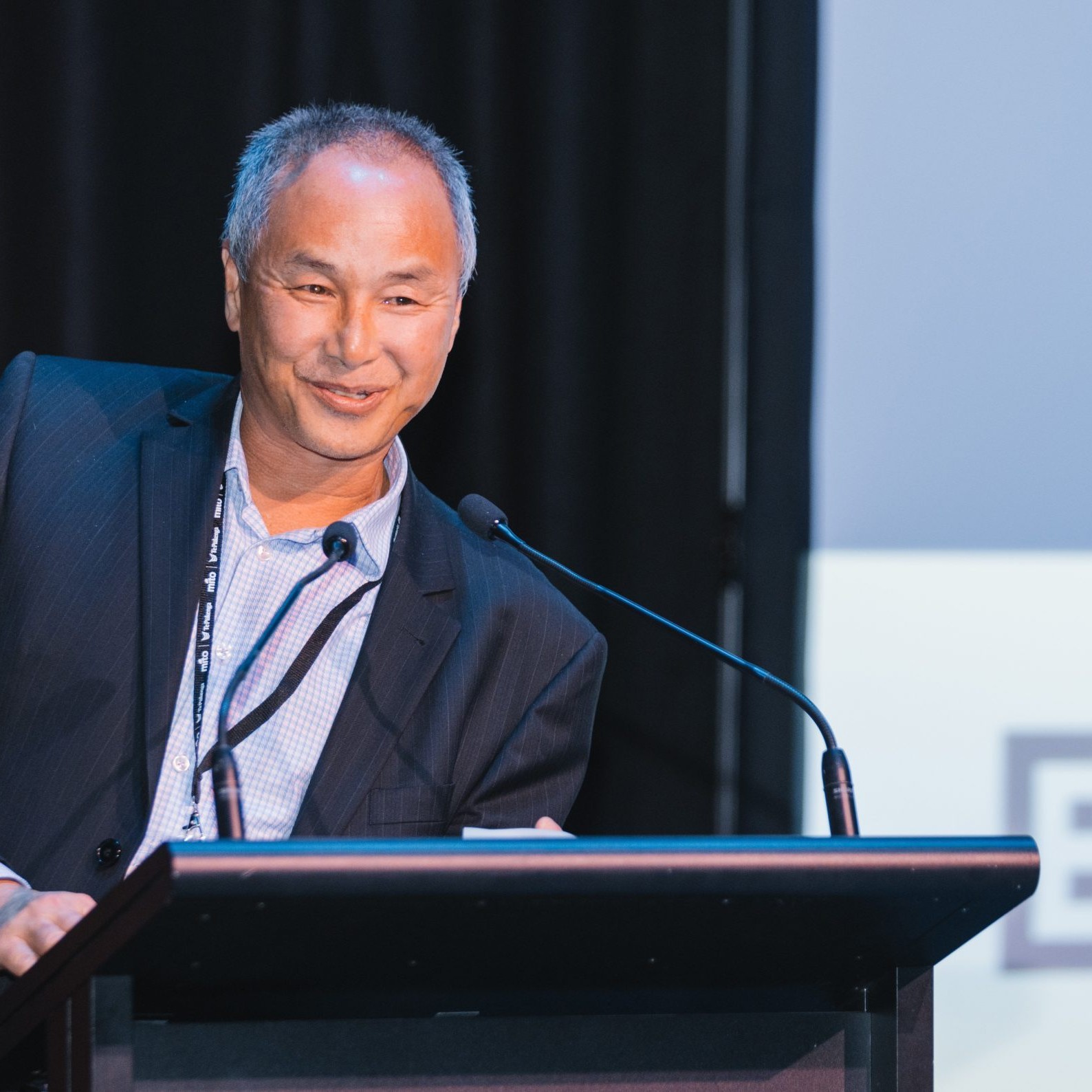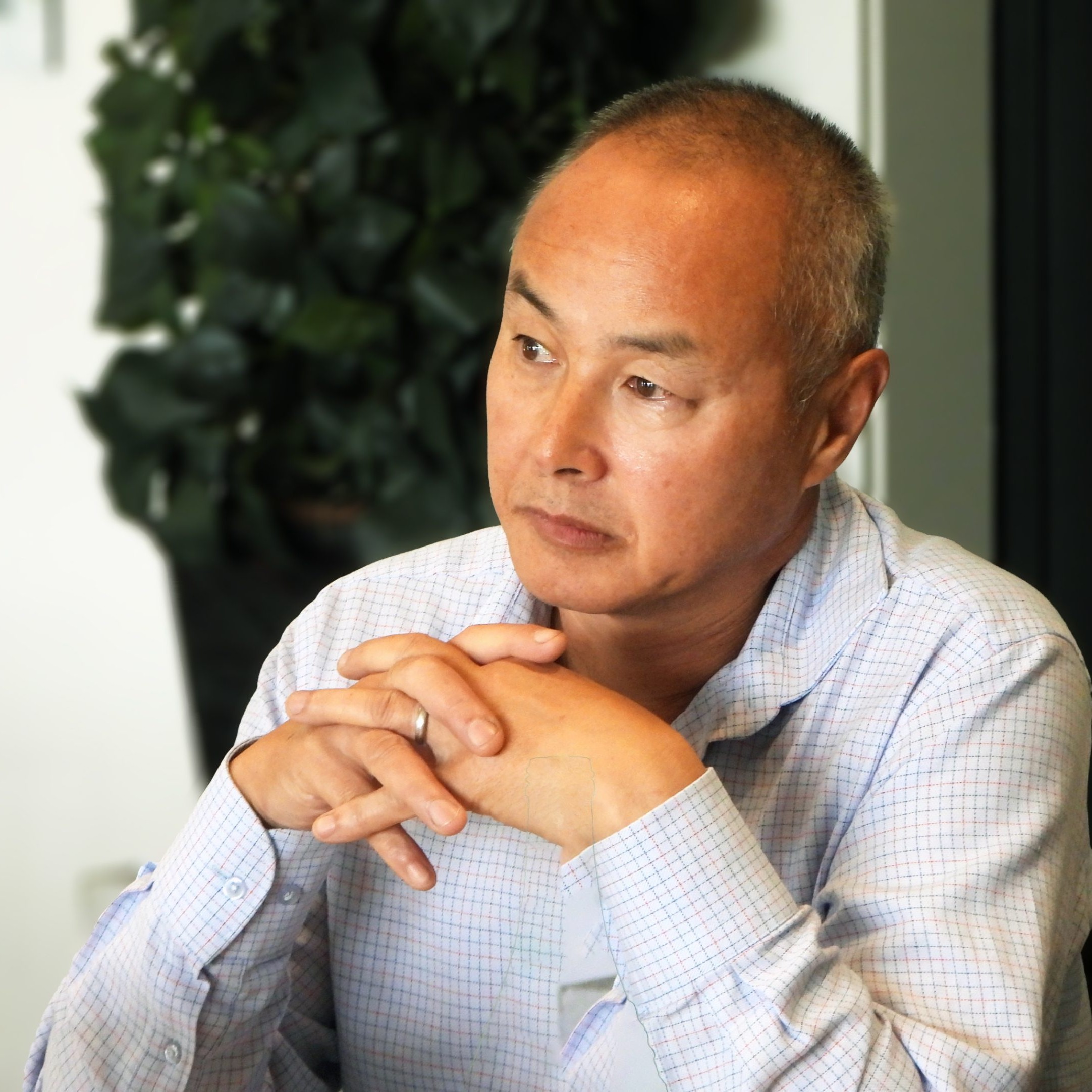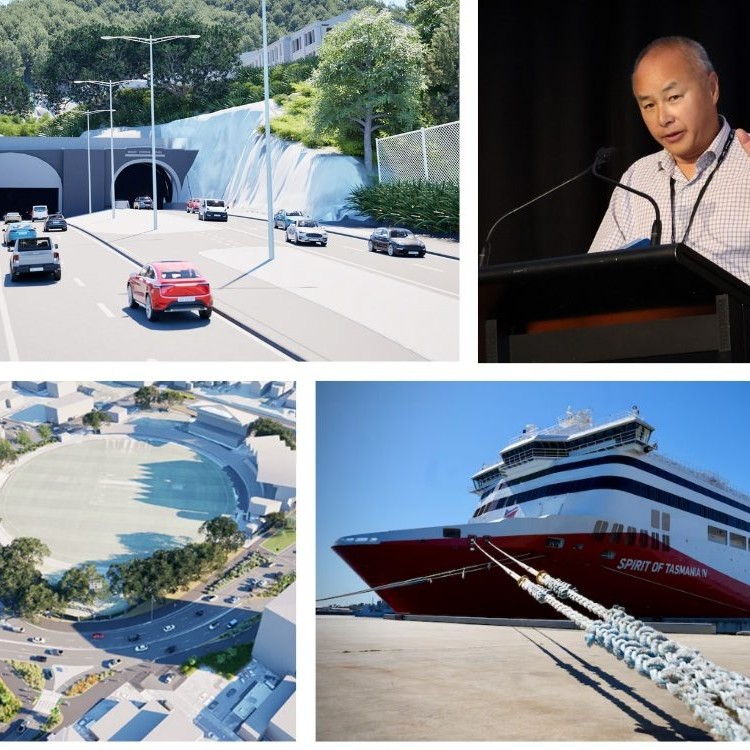
The government’s proposal for a multi-billion dollar twin-tunnel harbour crossing for Auckland was a little perplexing but maybe that shouldn’t have been a surprise.
The plan, announced last week by Prime Minister Chris Hipkins and new Transport Minister David Parker, envisages two new road tunnels under the Waitematā Harbour; improvements to SH1; a busway extension and new cycleway; and a new 21km North Shore light rail connection including another tunnel.
Hipkins said a second harbour crossing was needed as soon as possible to reduce congestion, and “staged” construction would start by the end of the decade.
In March this year Waka Kotahi consulted the public on five various scenarios involving bridges and tunnels. Pricing had one option at $15 billion; three scenarios at $20 billion; and one scenario at $25 billion.
In our submission at that time we agreed that easing traffic congestion and improving roading efficiency is an important element of decarbonising road transport and we were pleased that Waitematā Harbour Connections had begun consultation on potential scenarios. We supported what we understood to be an initial high-level assessment of options that would enable narrowing down the most viable options for further detailed design.
Our preferred option was Scenario 4, a road tunnel and a bridge for light rail and cycle improvements, at $20 billion – which, although more expensive than the cheapest option, we believed would be more resilient and efficient.
Therefore, to hear the $35 to $45 billion pricing was a little perplexing. Where do these numbers come from? Where is the financial analysis and well-considered business case? It appears the government is just pulling numbers out of the air. Judging by previous cost estimates for other projects, these figures may well be wildly inaccurate to the tune of billions of dollars.
We’ve raised concern about pricing and construction being delivered on time before so maybe this shouldn’t have been a surprise. The massive cost immediately raises red flags. The project, should it go ahead, would be easily the most expensive transport project in New Zealand in recent times. Here are some comparisons:
Transmission Gully: predicted project cost of $1.025 billion, revised to $1.25 billion, final cost unclear.
Waikato Expressway: estimated at $2.4 billion for the total project.
If transport operators gave price estimates to their clients and then the price ended up double that, they most likely wouldn’t be in business for long. It’s hard to have much confidence when the levels of variance are so huge and that must raise alarm and concern in terms of financial risk.
By comparison, the opposition National Party’s Transport for the Future plan proposes 13 new Roads of National Significance: 11 in the North Island and just two in the South Island. Some would argue that more is needed.
National estimates the total cost of its transport plan at $24 billion. Not a trifling sum, for sure, but at least it covers most of the country.
Prime Minister Hipkins calls the government’s announcement a “bold plan”. Well, yes it is. Don’t get me wrong: Transporting New Zealand totally supports the need for more investment in transport. Our current roading network is over-stretched and many roads are inadequate and in poor condition.
We must compare what may or may not be good for Auckland with what is good for the country as a whole. We also have serious concerns at the lack of consultation on the Waitematā Harbour crossing both with experts and the wider public.
I’m a born and bred Wellingtonian and a long-suffering supporter of the Hurricanes rugby team. The Hurricanes have a tag line “Expect the unexpected” and that’s pretty much how they play and why our trophy cabinet isn’t as full as the Crusaders one!
For me, expecting the unexpected is fine for rugby; in fact, in some perverse way I enjoy the Hurricanes’ style. However, I get a sense that people are starting to expect and accept the same with roading and I’m much less comfortable with that.
Roading involves significant amounts of public funding and we have a responsibility to ensure we don’t become blasé with vagueness and a lack of accountability with roading.
It is not Transporting New Zealand’s aim to tell people how to vote or to support any one political party. However, we do expect any major transport plans to be the result of a thorough research and consultation process and rigorous costings – not a pie-in-the-sky scheme.
Auckland’s mayor, Wayne Brown, slammed the government’s plan as “ludicrously expensive”. “It’s madness, mate. It won’t happen,” Brown was quoted as saying.
We will know in a matter of months whether he’s right.
Migrant Driver Webinar
Changing tack, a reminder that on Thursday (August 17) between 1pm and 2pm Transporting New Zealand is hosting a webinar that provides an update on the new driver residence pathway and best practice for employing migrant drivers.
Hosted by Billy Clemens, it features immigration advisors from Working In, and Philippines Embassy labour attaché Angel Borja.
This is a great opportunity to learn about the process of hiring migrant drivers, and to ask any questions. Find out more and register on Teams here.
